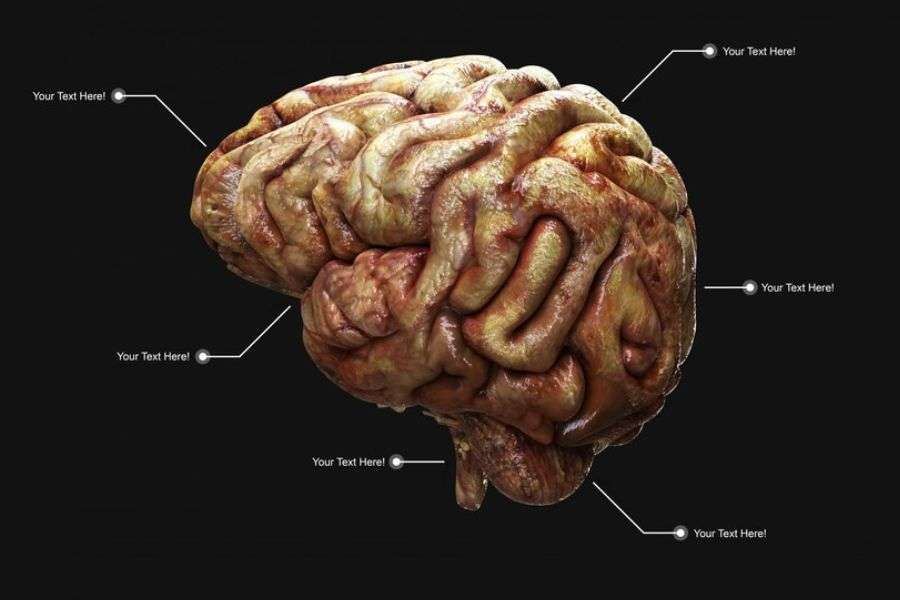Brown Sequard Syndrome
Overview

Brown-Séquard syndrome is a neurological condition that occurs when one half of the spinal cord is damaged.
The symptoms of this syndrome include weakness or paralysis and a loss of sense of body position on the same side of the body as the injury.
On the opposite side of the injury, the patient will experience a loss of pain and temperature sensation.
The severity of the symptoms varies depending on the extent of the damage. This disorder can be evaluated, treated, and managed by an interprofessional team of healthcare providers.
Symptoms
• Brown-Séquard syndrome (BSS) symptoms arise post-spinal cord injury affecting one side.
• Initial signs include loss of voluntary muscle movement on the injury side.
• Weakness or paralysis may occur due to motor function loss.
• Sensory loss in pain and temperature sensation happens on the opposite side.
• This sensation loss is below the level of the spinal cord injury.
• Symptoms manifest due to damage in a specific spinal cord area.
Causes & Risks
• Brown-Séquard syndrome (BSS) often stems from spinal cord trauma.
• Traumatic causes include gunshot wounds and stab wounds.
• Motor vehicle accidents are another common trigger.
• Blunt trauma to the spine can also lead to BSS.
• Spinal fractures from incidents like falls are potential culprits.
• These injuries result in damage to the spinal cord, inducing BSS.
Test & Diagnosis
• Healthcare providers conduct a thorough physical and neurological assessment for suspected Brown-Séquard syndrome (BSS).
• Evaluation includes motor and sensory function assessments.
• Your doctor may inquire about medical, neurological, and trauma history for a comprehensive understanding.
• Specific tests like MRI scans are ordered to confirm the diagnosis or rule out other causes.
• Patients are reassured that healthcare providers are there to guide them through the diagnostic process.
• The goal is to provide support and clarity throughout the evaluation journey.
Treatment
• BSS treatment varies based on the underlying cause, with steroids generally not recommended.
• Antibiotics and decompression surgery may be considered depending on the situation.
• Nonoperative treatment options, including support from spinal cord injury physicians, therapists, and social workers, can enhance patients' quality of life.
• Devices like wheelchairs, limb supports, and hand splints can aid in daily activities and reduce dependency.
• Breathing or swallowing difficulties can be managed with aids such as cervical collars.
• Spinal orthosis may be used for cases involving the thoracolumbar region. A comprehensive, multidisciplinary approach is crucial for managing BSS effectively and preventing complications.
Living With
People with Brown Sequard Syndrome face additional challenges as they age. However, many can still enjoy a good quality of life.
Despite the long-term risks associated with spinal cord injuries (SCI), solutions exist to mitigate them.
Individuals can manage symptoms effectively and maintain independence with proper medical care, rehabilitation, and assistive devices.
While aging with SCI may present hurdles such as increased risk of secondary health issues, proactive management and support from healthcare professionals can significantly enhance overall well-being.
Individuals with Brown Sequard Syndrome must stay informed, engaged, and bold in their healthcare to optimize their quality of life.
Complications
• Brown-Sequard Syndrome is a rare neurological condition stemming from spinal cord injury.
• It manifests in asymmetrical motor and sensory deficits.
• One side of the body experiences weakness and impaired proprioception and vibration sense.
• The opposite side may exhibit reduced pain and temperature sensation.
• Complications include muscle spasticity, chronic pain, and coordination difficulties.
• Patients may encounter challenges in daily activities and experience bladder and bowel dysfunction, emphasizing the importance of rehabilitation to optimize functionality and well-being.

The Content is not intended to be a substitute for professional medical advice, diagnosis, or treatment. Always seek the advice of your physician or other qualified health provider with any questions you may have regarding a medical condition.
Know more about
Our Healthcare Planner
Personal Health Planner at BNC is a support staff who listens to your concerns and connects you with a Neuro Care provider. They prioritize your needs and create a trusting relationship between you and the provider.
Three fundamental values we can assure you:
1. Personalized Healthcare.
2. Most advanced robotic therapies
3. Transparent pricing





